For anyone who’s loved a cat, the thought of saying goodbye can feel like a punch to the heart. Our feline friends become so much more than pets—they’re family, confidants, and tiny, furry therapists in our lives. Recognizing when a cat is approaching the end of their journey is never easy, but it’s a gift we can give them: to notice the signs, to keep them comfortable, and to let them leave this world with as much love as they gave us. Let’s gently walk through the twelve signs your cat may be nearing the end, and, most importantly, how you can help them feel safe and cherished during this tender time.
1. Noticeable Loss of Appetite
One of the first signs many cat lovers notice is a sudden or gradual loss of appetite. If your cat, who once leaped for treats or purred while munching on kibble, starts ignoring their food bowl, it’s time to pay close attention. This lack of interest in eating could be due to discomfort, nausea, or simply a body slowing down. Sometimes, even their favorite foods won’t tempt them. It’s heartbreaking to watch, but offering soft, aromatic foods or warming up their meals can help. If eating still doesn’t happen, focus on keeping them hydrated and comfortable. Sit with them, offer water by hand, and remember—just being near you often brings them comfort.
2. Dramatic Weight Loss
Weight loss in elderly or ill cats can be shocking. You might notice their bones standing out more, or their fur looking looser on their bodies. This isn’t just about not eating; it can signal the body isn’t processing nutrients as it should. Some cats lose muscle mass, making them look frail. Gentle petting and soft blankets can help protect their fragile bodies. Don’t be afraid to talk to your vet about supportive care, like nutritional supplements or ways to keep their weight stable, if possible. Above all, keep them warm, snuggled, and out of drafts, as thin cats can get cold easily.
3. Increased Sleeping and Lethargy
Cats are famous for their love of sleep, but when nearing the end, you may notice your cat sleeping even more than usual. They may become difficult to rouse, and their once-playful personality might fade into long, quiet naps. Lethargy can mean more than tiredness—it often points to their body slowing down. Offer them soft, cozy beds in quiet corners away from household noise. Laying a favorite blanket or shirt with your scent nearby can be incredibly soothing. Simply being present—reading, humming, or softly talking—can make their resting hours feel safe and loved.
4. Difficulty Breathing
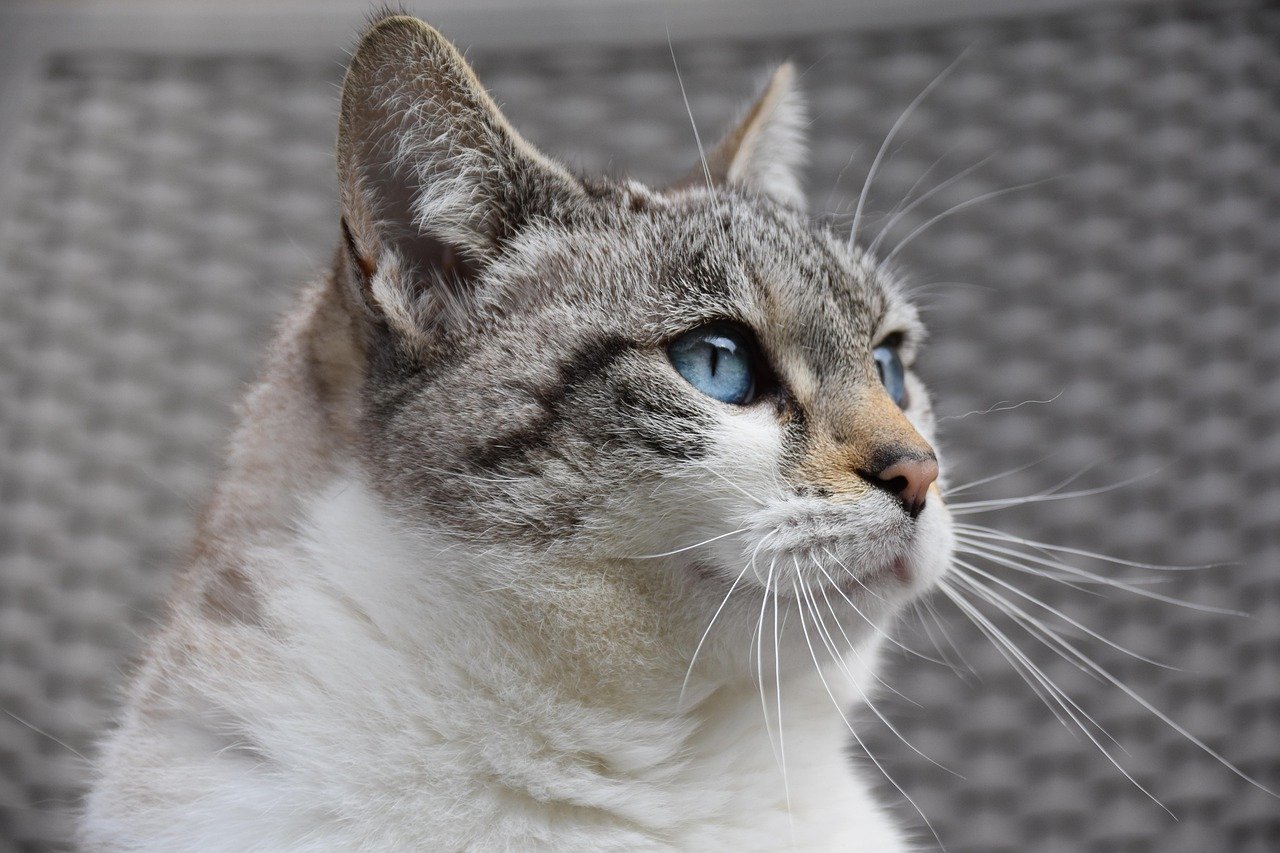
Any noticeable changes in your cat’s breathing are serious. You might see them panting, breathing with an open mouth, or their sides moving with extra effort. Sometimes, breathing may become shallow or irregular. Watching this can be scary, but staying calm is key. Keep their environment cool and stress-free, and avoid picking them up if it causes distress. Propping them up gently with pillows can make it easier for them to breathe. If breathing becomes labored, consult your vet immediately for comfort measures—sometimes, medication or oxygen therapy can ease their discomfort.
5. Withdrawal and Hiding
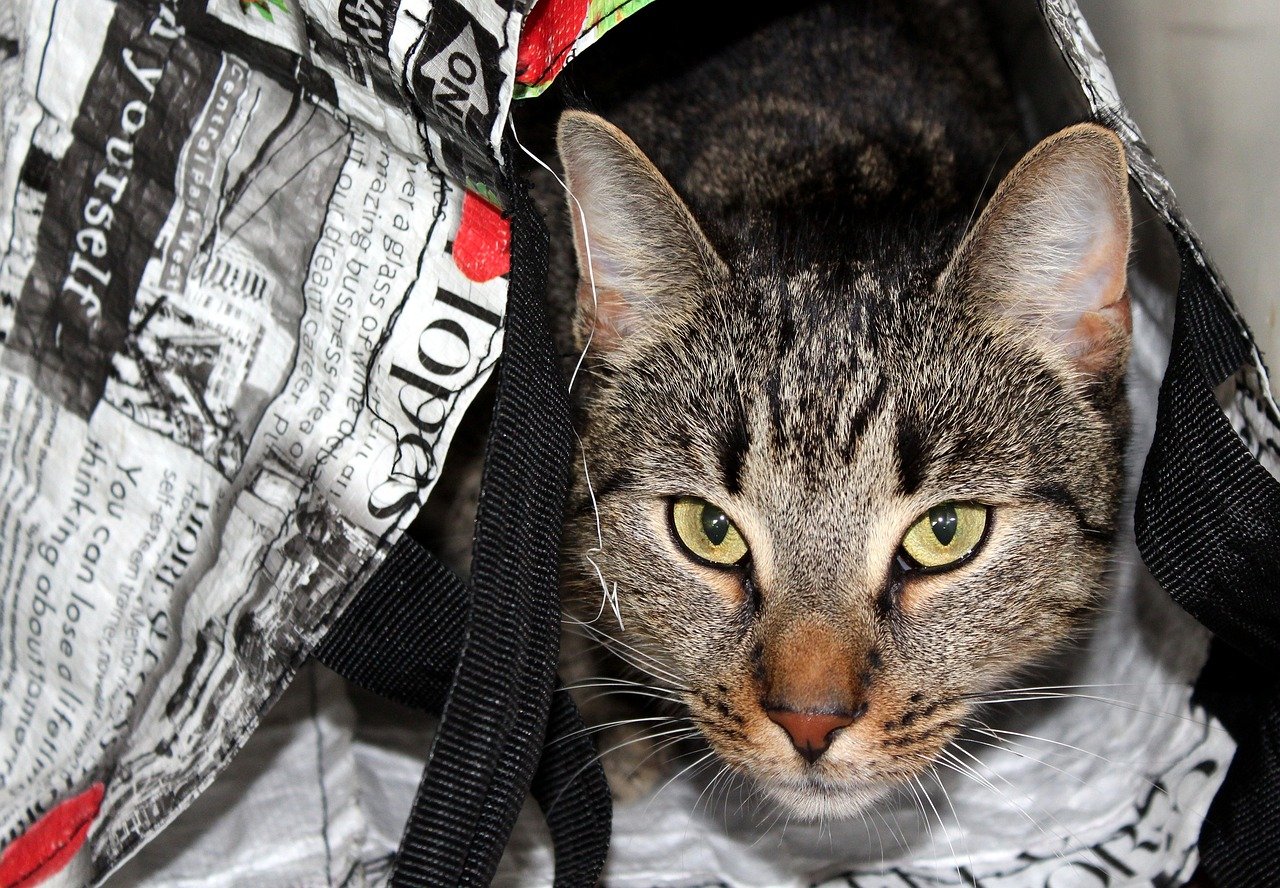
Many cats seek solitude as they near the end, finding comfort in quiet, hidden spots. You might find your cat under the bed, in a closet, or somewhere they rarely visited before. This instinctive withdrawal isn’t a rejection of you—it’s their way of coping with vulnerability. Respect their need for space but make sure they have easy access to water and a litter box. Place soft bedding in their chosen hideaway, and visit quietly, offering a gentle hand or a soft word. Let them know you’re there, but don’t force interaction. Your quiet presence is a gift.
6. Poor Grooming and Matted Fur
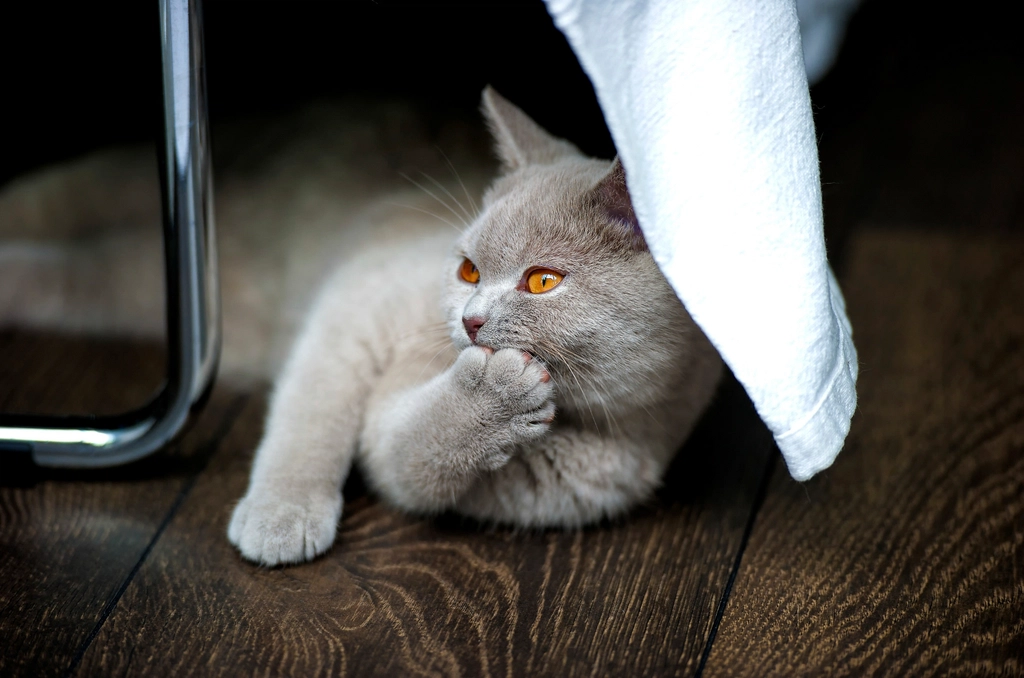
Even the most fastidious cats will often stop grooming as they become weak or ill. Their once-gleaming coats might become dull, tangled, or even dirty. This change can be distressing for both you and your cat, as grooming is a big part of a cat’s dignity. You can help by gently brushing their fur with a soft brush or using a slightly damp cloth to clean them. Avoid tugging on mats or causing discomfort. Speak softly and reassure them as you care for their coat—it’s a small act of love that can make a huge difference in their comfort.
7. Incontinence or Litter Box Struggles
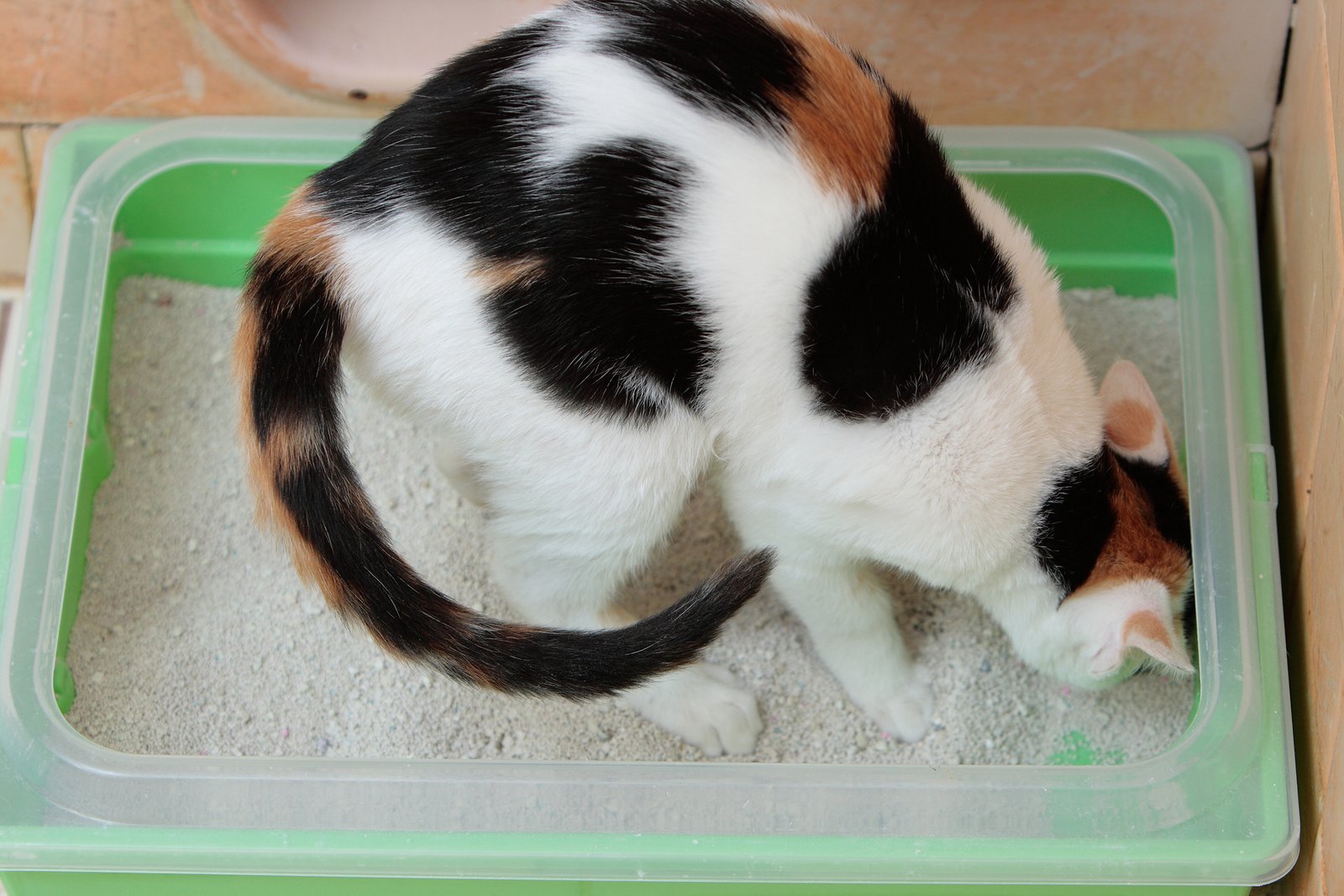
If your cat starts having accidents outside the litter box or can’t make it in time, it’s often a sign their body is struggling. They may also find it hard to get in and out of a high-sided box. Place puppy pads or soft towels near their resting spots to help keep them dry and comfortable. Consider a low-entry litter box for easier access. Clean up gently and promptly to prevent skin irritation and odors, and never scold them—these accidents are beyond their control. Your patience and kindness here mean everything.
8. Changes in Vocalization
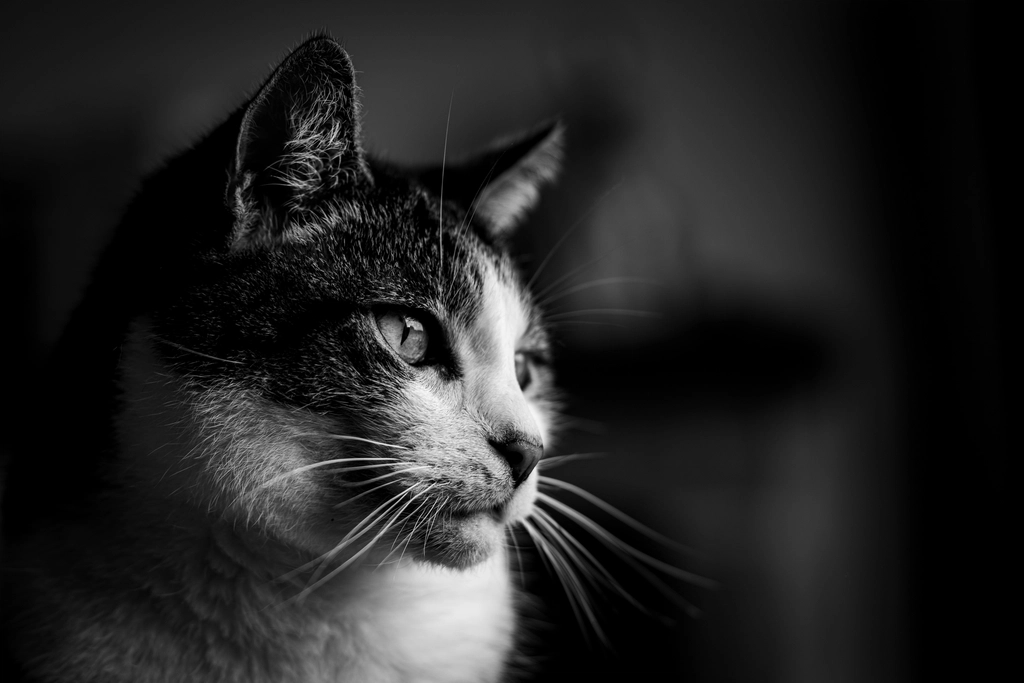
Some cats become unusually quiet, while others might vocalize more, sometimes sounding distressed or confused. Changes in meowing, yowling, or purring can signal pain, anxiety, or disorientation. Listen closely to their sounds and try to comfort them with your voice and gentle touch. Keep the environment calm and familiar—loud noises or sudden movements can make things worse. If your cat seems in pain, ask your vet about pain relief options. Sometimes, even a soft melody or your heartbeat can soothe them when words aren’t enough.
9. Disorientation or Confusion
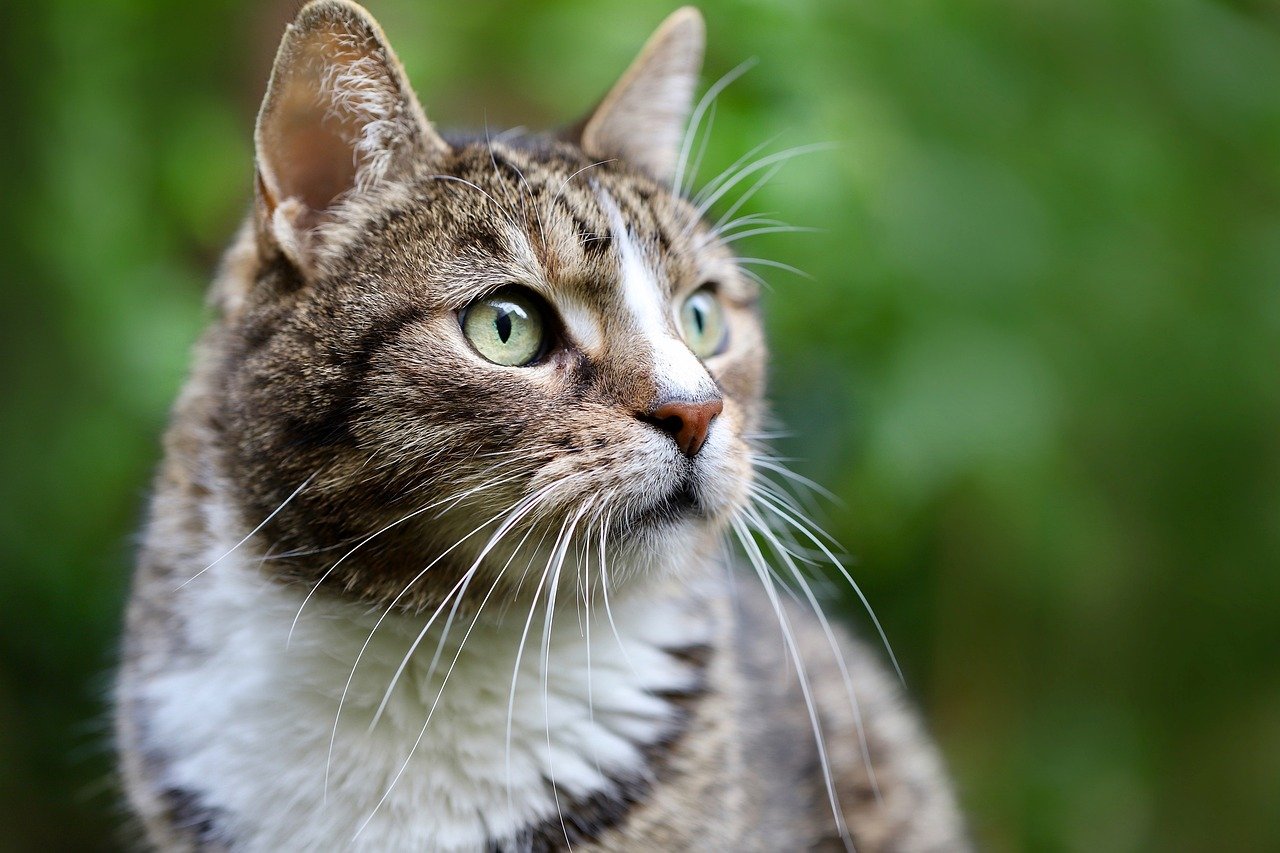
A cat nearing the end may appear disoriented, staring into space or getting lost in familiar places. They might walk in circles, seem unable to recognize you, or act startled by routine sounds. This confusion can be distressing to witness, but you can help by keeping their environment simple and consistent. Avoid rearranging furniture and keep their essentials—food, water, bed—in easy reach. Approach them slowly and speak gently, using their name. Sometimes, just your calm presence can anchor them in a world that suddenly feels strange.
10. Unusual Aggression or Irritability
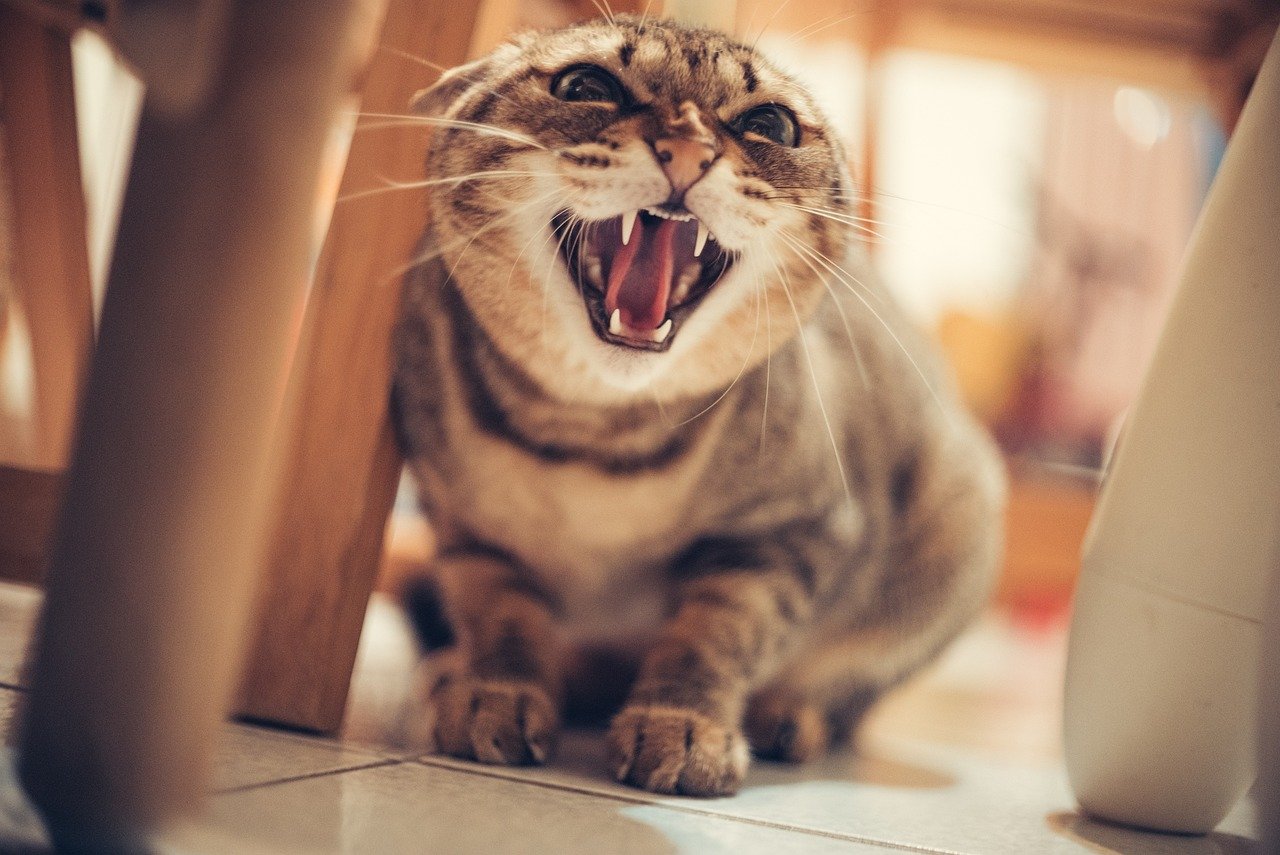
Even the gentlest feline can become irritable or lash out when in pain or discomfort. If your cat hisses, growls, or swats at you unexpectedly, remember it’s not personal—they’re likely frightened or hurting. Give them space and use slow, gentle movements. Wear long sleeves if needed to protect yourself while caring for them. Try to keep the home quiet and routine, as unfamiliar faces or bustling activity can make things worse. Your understanding and patience will help them feel safer during this difficult transition.
11. Loss of Interest in Surroundings
As cats approach the end, they may stop responding to toys, treats, or things they once loved. They might ignore visitors, sound, or even sunlight streaming in their favorite window. This withdrawal can be tough to accept, but it’s a natural part of letting go. Offer comfort without overwhelming them—sit nearby, read aloud, or simply rest your hand close so they know you’re there. Sometimes, just being quietly present is the greatest act of love you can give.
12. Seeking More Affection (Or Less)
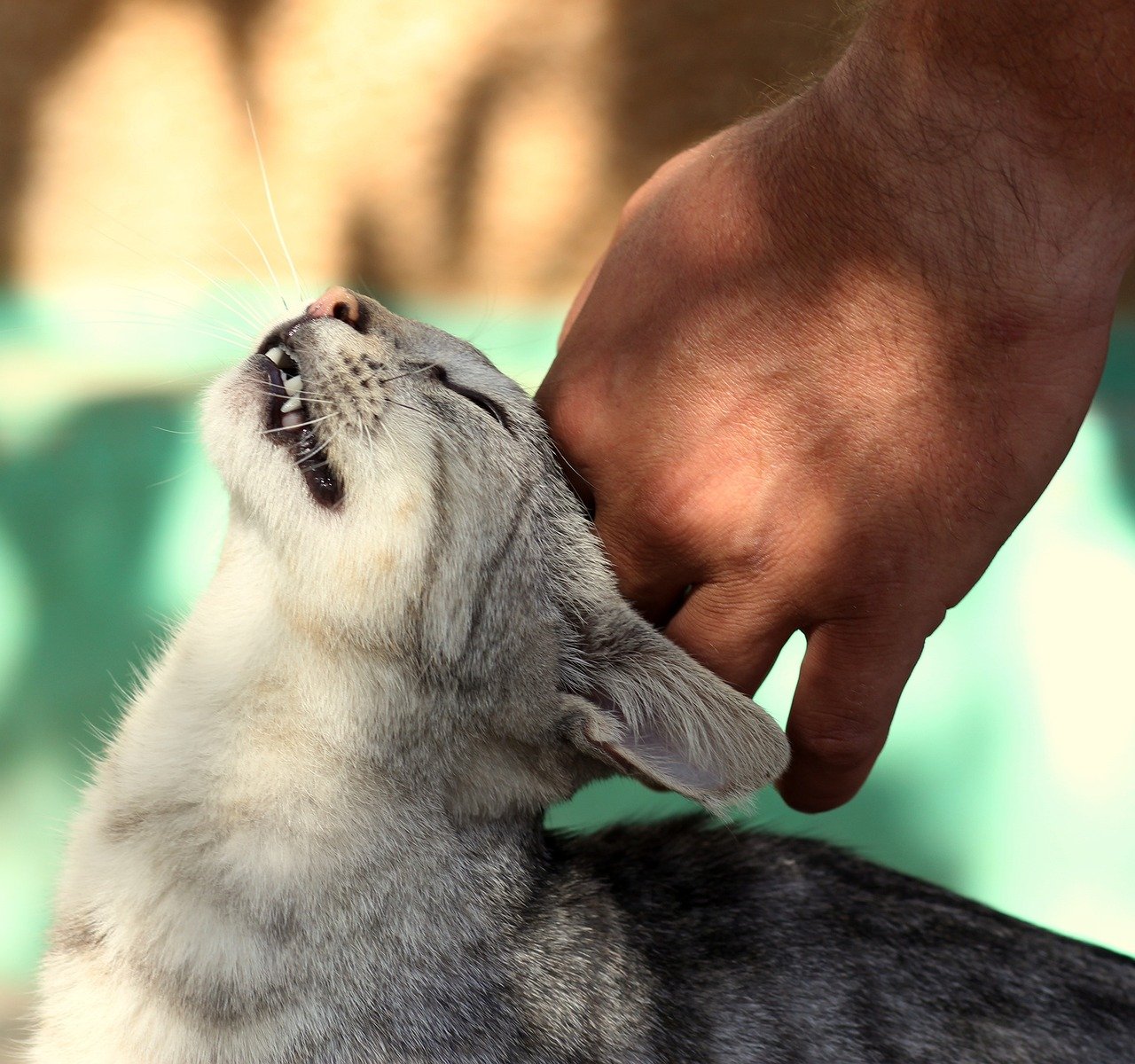
You might notice your cat suddenly wanting to be closer to you, seeking extra cuddles and following you from room to room. Alternatively, they might shy away from touch, preferring solitude. Both reactions are normal—cats, like people, have unique ways of coping with change and vulnerability. Follow their lead: offer affection if they seek it, or respect their distance if they need space. Let them choose how to spend their final days, knowing your love is always available, no matter what.
Caring for a beloved cat in their final days is one of the hardest things a pet parent can face. Recognizing these signs and responding with compassion ensures that your cat’s journey ends with dignity, peace, and the gentle comfort of your unwavering love.

Andrew Alpin from India is the Brand Manager of Doggo digest. Andrew is an experienced content specialist and social media manager with a passion for writing. His forte includes health and wellness, Travel, Animals, and Nature. A nature nomad, Andrew is obsessed with mountains and loves high-altitude trekking. He has been on several Himalayan treks in India including the Everest Base Camp in Nepal.






